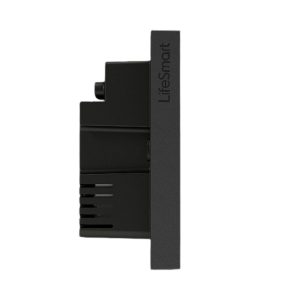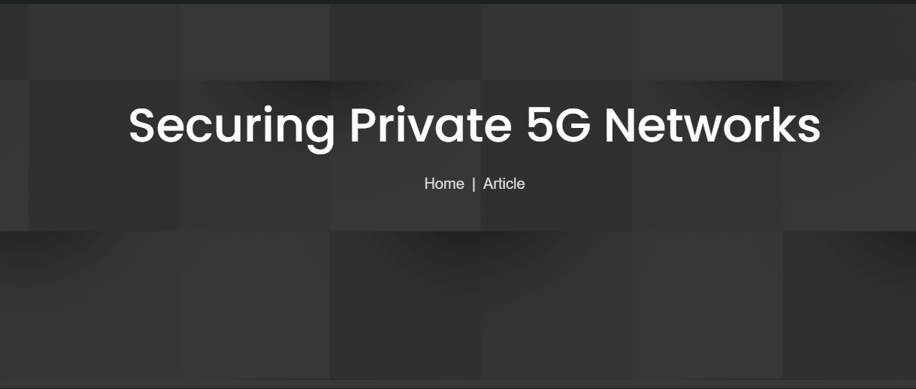
Welcome to Secura Security
Whether it’s someone to guard your property or someone to keep your space spotless, it’s about more than just hiring a service.




© 2024 Crivva - Business Promotion. All rights reserved.